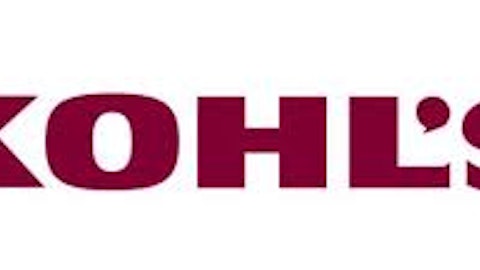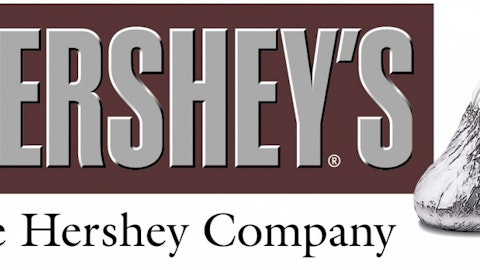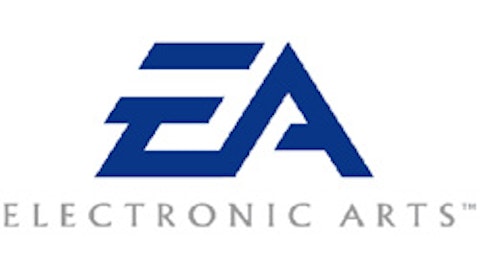Six to seven weeks after the end of each quarter, hedge funds and other major investors file 13Fs with the SEC to disclose many of their long equity positions as of the end of the quarter. We track 13F filings as part of our work developing investing strategies (we have found, for example, that the most popular small cap stocks among hedge funds generate an average excess return of 18 percentage points per year). Another way to use 13Fs is to look at individual manager’s stock picks, either overall, according to a set of criteria, or in different sectors of the market. Stanley Druckenmiller was one of George Soros’s portfolio managers as well as the head of Duquesne Capital, and has become a billionaire due to his investing prowess. Here are four of Druckenmiller’s top picks in the healthcare sector at the end of December (or see the full list of stocks from his 13F):
The filing disclosed ownership of 2.4 million shares of Merck & Co., Inc. (NYSE:MRK), up 22% from the end of September. Last quarter Merck experienced a small decline in sales, but thanks to contracting margins net income was down 40%. However, Wall Street analysts believe that the company will rebound with their estimates placing the current price at 12 times 2014 earnings. Merck, like many large pharmaceutical companies, is a good candidate for many income or defensive investors’ portfolios with a beta of 0.4 and a dividend yield close to 4%. AQR Capital Management, managed by Cliff Asness, owned 3.1 million shares of Merck according to that fund’s own 13F (check out Asness’s stock picks).

See two more healthcare stocks Druckenmiller owned:
Fellow drug manufacturer Eli Lilly & Co. (NYSE:LLY) was another of Druckenmiller’s healthcare picks. Here business has been slipping slightly- revenue and earnings showing very small declines in its most recent quarter compared to the same period in the previous year- with the sell-side forecasting a decline in earnings at least in the medium term: the trailing and forward P/Es are 15 and 20, respectively. The beta is 0.4, in line with Merck’s, and the dividend yield is square between Merck and Pfizer at 3.6%. Renaissance Technologies, founded by billionaire Jim Simons, had 8.1 million shares in its portfolio at the beginning of January (research more stocks Renaissance likes).
Druckenmiller initiated a position of about 720,000 shares in Johnson & Johnson (NYSE:JNJ), another megacap, defensive healthcare company. Specifically, the stock’s beta is 0.5 and the dividend yield is a little above 3%. The trailing earnings multiple of 21 is a bit high for a company whose revenue was up only 8% in the fourth quarter of 2012 versus a year earlier, and we think that we would avoid the stock. Donald Yacktman’s Yacktman Asset Management reported a position of 8.4 million shares at the end of Q4, essentially unchanged from three months earlier. Peer The Procter & Gamble Company (NYSE:PG) has similar characteristics in terms of its beta and yield; while it trades at a small discount to Johnson & Johnson at 18 times trailing earnings, its revenue growth has been even lower and so we aren’t sure it’s a good value either.
Disclosure: I own no shares of any stocks mentioned in this article.




